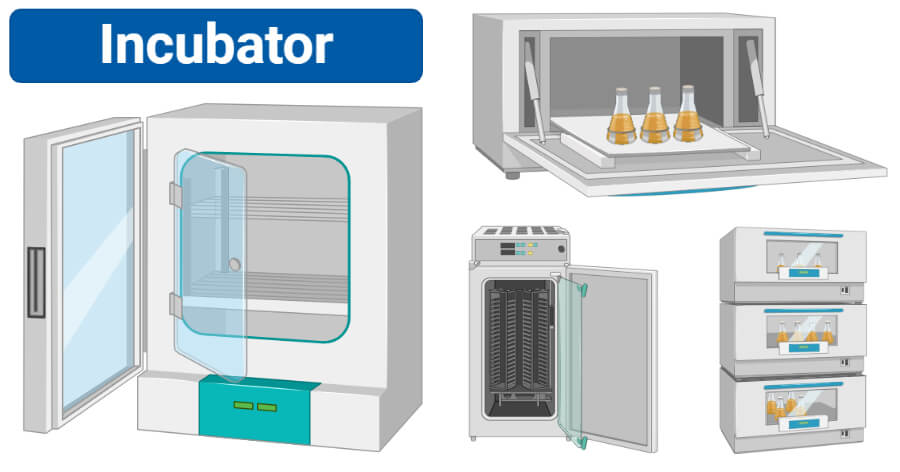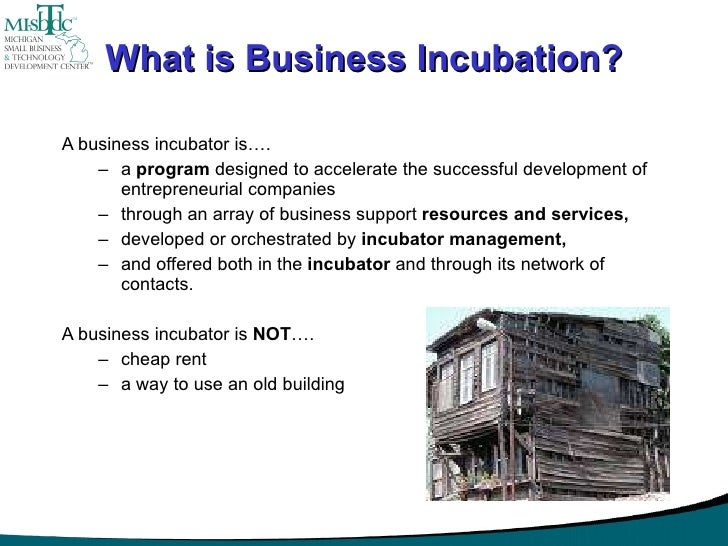

Industry-specific locations can be very competitive. You might find investors on your own instead without losing profit. You should also decide whether it is necessary to give a part of your equity. But when picking one, research the alumni of the program you are interested in and think out of the box. Indeed, accelerators and incubators may be helpful for your startup. It’s not so – you should discover it yourself instead. The first one is thinking that there is one ultimate “success recipe” for every startup. There also some pitfalls you should avoid during the decision-making process. Here you can also find partners and other service providers that can help you. Coworking spaces may be a good idea if you need a flexible creative space to implement your creative ideas. But they will require a part of your equity. They will also give you the access to a network of their alumni where you’ll be able to build strong partnerships. If you need investments badly, accelerators will help you out. However, if you are more interested in attracting the investors and building partnerships, accelerators can be more useful to you. use the incubator if you’ve only started but haven’t launched the company yet. When choosing where to start, pay attention to the next factors: There is no need really to stick to only one. You can use all three types at different stages of your startup development if you want to. It is possible to both work on your own and collaborate at a coworking space Choose the Right Place for Your Startup Coworking spaces do not provide any seed investment, but they also don’t ask for your equity.

You can also collaborate with other creators working next to you. Here you can do creative work on your own or with your team no matter how big it is. They also offer shared office facilities and ensure a high level of security.
#Incubator definition how to#
They also coach you on how to develop your business quickly.Ĭoworking spaces are the locations that provide a workspace for a reasonable price.

They give you seed investment, workspace, intensive mentorship, and networking. Accelerators work according to a set schedule they provide mentorship and expect results within a defined period. Those who have already launched their companies but want to establish a network and attract capital investments will find these programs more beneficial. Nevertheless, they will ensure a fast growth of your business. Such programs are usually intensive and quite short. Please note that you’ll have to overcome competition as only about 2% of applications get accepted. They also have programs you should apply for.

Some incubators provide their members with the extended research possibilities and specific equipmentĪccelerators provide services in exchange for equity. As they are industry-specific, they sometimes lack interdisciplinary collaboration. And not all of the incubators ask for a part of equity. However, they do not always provide funding. You may also access scientific equipment at those spaces. Some incubators are located at universities providing you with the extended research possibilities. They are generally industry-specific and can give a science side to your idea. Incubators help your business to grow, provide a decent workplace and give you a chance to network with the like-minded people. To join the incubator, you need to apply for the program which usually lasts for a year. They usually work without a set schedule and have the focus on mentoring and helping to launch the business. Incubators are suitable for beginner startups as they foster new ideas. So what’s the difference between them and which one should you choose? Each of them has something to offer depending on your needs and possibilities. All of these options are beneficial for the development of a new business. Incubators, accelerators, and coworking spaces are three common terms that are often used in the startup community.


 0 kommentar(er)
0 kommentar(er)
